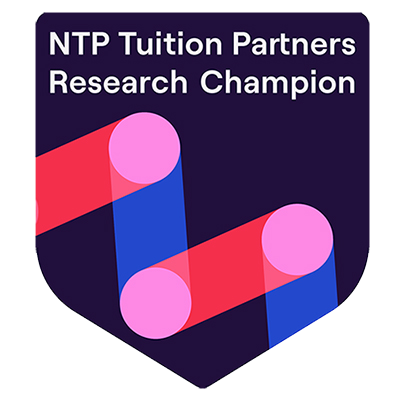
Mrs L Spriggs
SENDCO

Mr J McCue
Assistant SENDCO
Our SEND department is called ‘Achievement Support’ – as that is exactly what we are seeking to achieve – we want all our students regardless of any Special Educational Need or Disability (SEND) to be engaged in their learning so they can achieve their full potential. To achieve this, we seek to recognise, assess and meet students’ needs at the earliest opportunity.
We provide a broad and balanced learning experience for all students regardless of Special Educational Need or Disability (SEND). Our curriculum is carefully designed and adapted to ensure the building blocks of learning progress in a logical and complete way so all students have the opportunity to be engaged and succeed.
The following aims drive our SEND provision:
- To enable students to achieve their full potential, both academically and socially.
- To ensure that every student has equal care and attention, regardless of gender, race, social background, ability or physical disability.
- To recognise that every student has a variety of needs – some of which will be shared with other students, some of which will be specific to that student, some needs may be of a temporary nature – others may be long term.
- To ensure that every student has the opportunity to study a broad, balanced curriculum and has access to the National Curriculum at his/her own level.
- To provide for the needs of all students, as far as resources will allow.
We aim to identify these needs as they arise and provide teaching and learning support, which enables every child to achieve to their full potential. In doing this, we seek to work closely with parents/carers and value regular communication.
We meet student needs in a variety of ways:
- Quality first teaching that takes account of where students are in their learning
- Additional support within lessons – this could be additional/adapted resources, prompting, repetition of information/instructions, additional time – according to assessed needs
- Support from an Achievement Support Assistant
- Additional programmes of learning such as phonics to support students’ reading
- Emotional and social support
- Sensory provision
- Speech and language provision
- Support from specialist external agencies such as CAMHs or the School Nurse
- Lunch club
- Exam access arrangements – students are assessed by a trained specialist.
Teachers are given information about students’ SEND so they can best meet their needs in the classroom. Withdrawing students from lessons or part lessons is only done when absolutely necessary to meet students’ needs.







